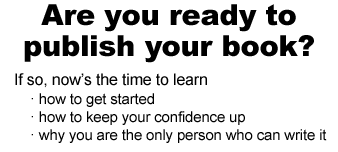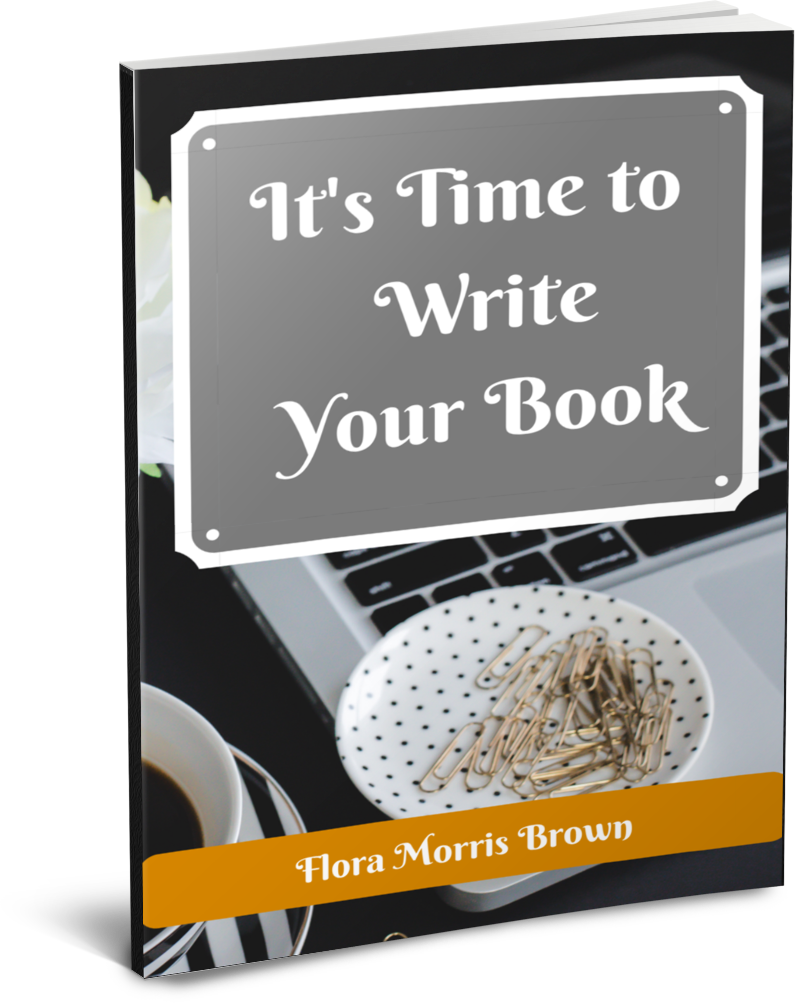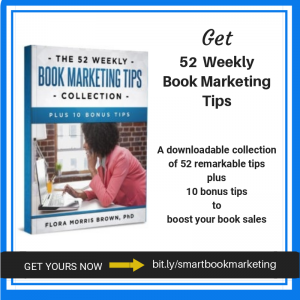 Dellena Ludwig shows off her new book, “Where Did Dinosaurs Come From? ” In her book, children will learn just that! A poetic, biblical look at the history of dinosaurs is sure to teach you but also entertain. You’ll laugh and smile as you learn the important history of the origin of dinosaurs and where they are now.
Dellena Ludwig shows off her new book, “Where Did Dinosaurs Come From? ” In her book, children will learn just that! A poetic, biblical look at the history of dinosaurs is sure to teach you but also entertain. You’ll laugh and smile as you learn the important history of the origin of dinosaurs and where they are now.
Dellena is putting the finishing touches on her book release party slated for this upcoming weekend.
Dwayne Carl kicked off the first signing of his memoir,” Out of My Second Closet: I Have AIDS Get Ova It,” last week at the Gay Pride Parade and Festival in Long Beach, CA. Dwayne’s book is a compelling journey of one man’s plight from a deadly illness, to a life of prejudices, inequality, stigmas, the world’s misunderstanding the pain of a person living with the aids diagnosis.
Both of these authors have a reason to smile because they followed a dream of sharing their compelling stories when most aspiring authors never do. It is believed that 4 out of 5 people want to write a book but most never do. That puts Dellena and Dwayne in rare company, along with my other successful clients. By the way, their books are available on Amazon.com and from other major booksellers.
How about you? Are you ready to experience the smile that only holding your new book in your hands can bring on? It’s not magic. It requires taking the first step and following through with determination and courage.
If you are ready to go, I’d love to be your travelling companion to make your writing journey a fun trip with a soft landing. Send me an email at [email protected] with “Ready” in the subject line along with your phone number and best time to call. I will call you at your next availability.
I’m going over to check for your email right now.















